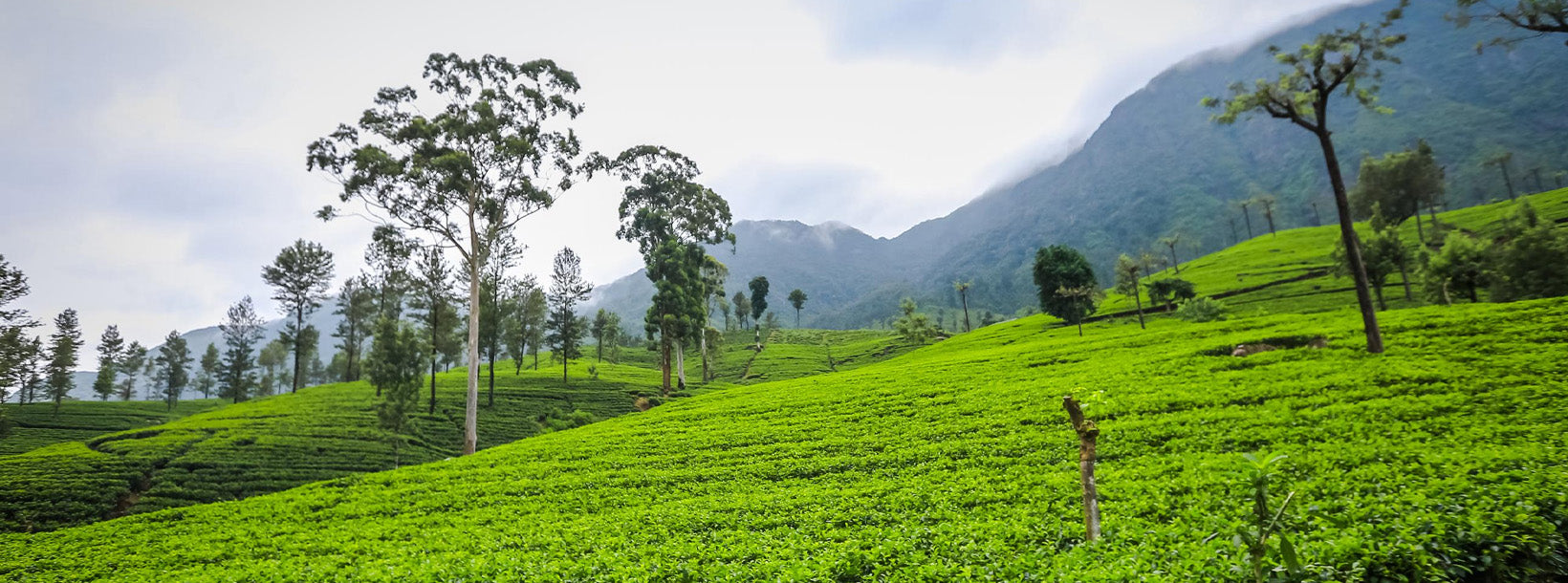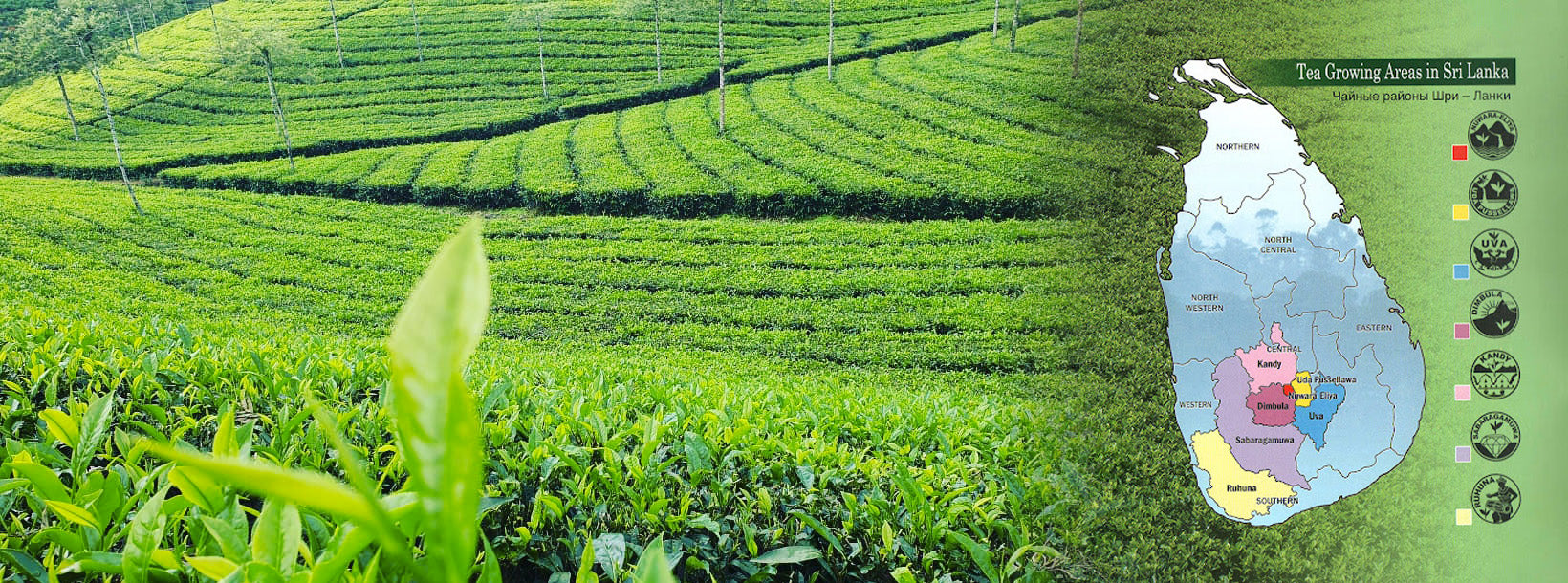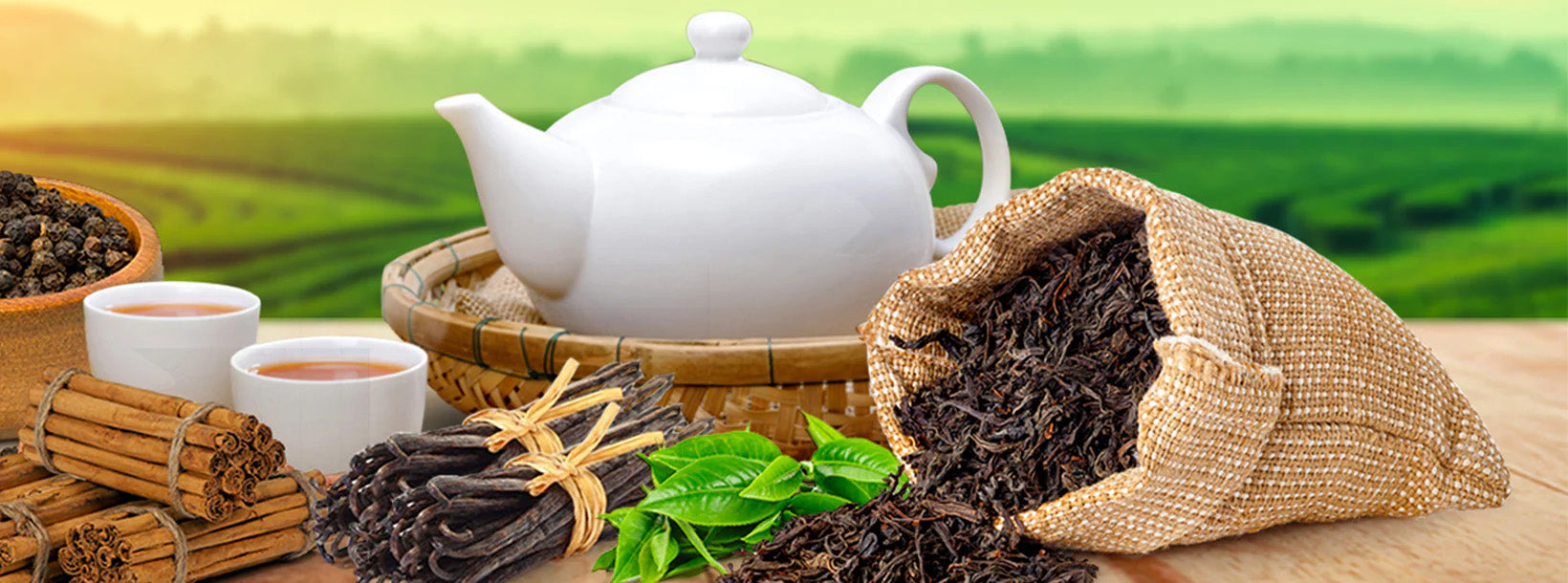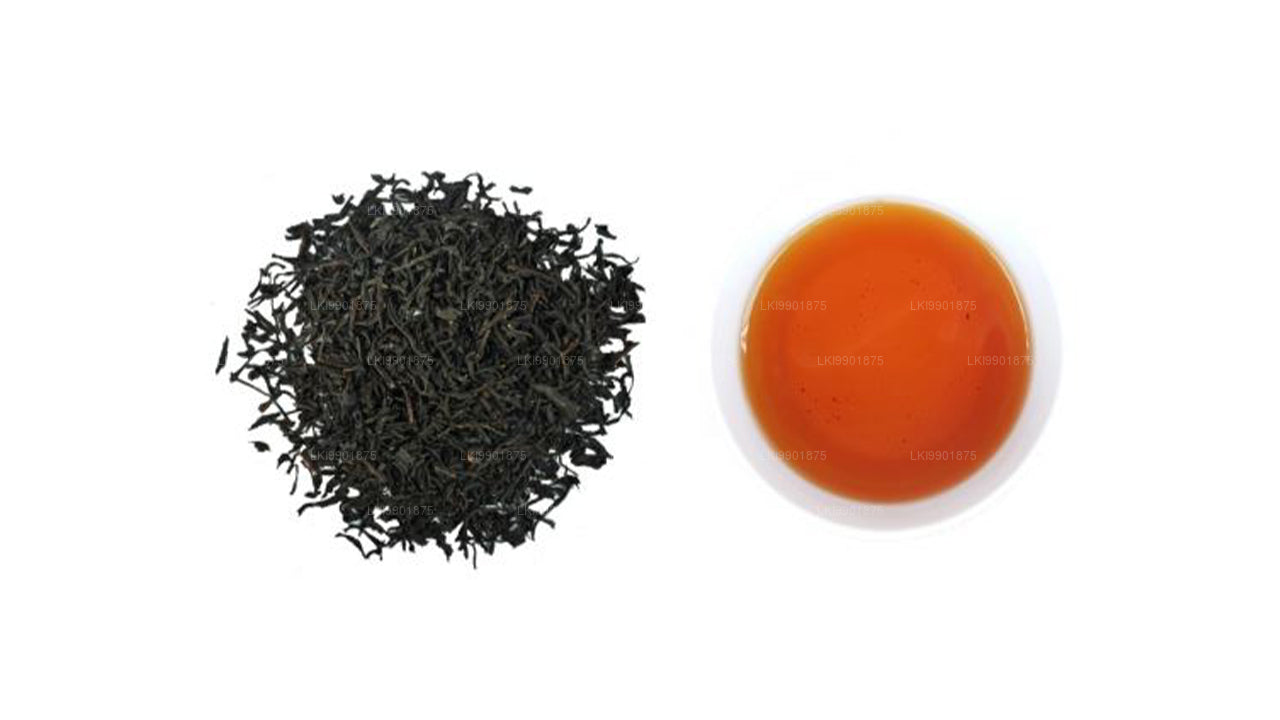
차 농장
스리랑카의 차 농장은 주로 중부 고원 지대에 위치해 있으며, 세계 최고 수준의 차를 생산하는 것으로 유명합니다. 캔디, 누와라 엘리야, 해튼과 같은 지역의 무성한 차 농장은 아름다운 풍경과 풍부한 역사를 자랑합니다. 이 농장들은 고품질 실론차를 전 세계로 수출하며 스리랑카 경제에 크게 기여하고 있습니다.

실론 티 지역
실론 홍차 등급. 당신의 잔에 담긴 차에는 이야기가 담겨 있습니다. 굽이치는 언덕, 풍부한 햇살, 그리고 싱그러운 자연이 어우러진 스리랑카의 풍부한 자연을 이야기합니다. 스리랑카에서는 중부와 남부 지방에서 대부분의 차를 생산합니다. 다양한 고도와 미기후는 실론차의 독특한 풍미, 색, 향, 그리고 계절에 영향을 미칩니다.

Herbal Tea
The Sri Lankans have long celebrated the healing goodness of herbal plants and long before tea and coffee were merged into our daily diet as the two main hot drinks, we drank herbal infusions or tisane as the world know it today.
Made using wild grown plants with therapeutic benefits, herbal teas were made out of various parts of these plants, may it be flowers, leaves, stems, and roots and was generally consumed with a piece of sweet jaggery.
While the introduction of tea and coffee have made many Sri Lankans, as well as people around the world, forget about the freshly brewed goodness of a cup of herbal tea or the tisane is making a comeback all around the world simply because of the numerous medicinal and health benefits it contains.
While the introduction of tea and coffee have made many Sri Lankans, as well as people around the world, forget about the freshly brewed goodness of a cup of herbal tea or the tisane is making a comeback all around the world simply because of the numerous medicinal and health benefits it contains.
Most of the plants used to prepare herbal tea are still commonly found herbal plants at every home or kitchen garden in Sri Lanka, but many busy urban dwellers prefer ready-made tea bags to the hassle of having to literally choose, prepare and boil a cup of herbal tea out the plants in your garden.
Among the host of herbal teas made in Sri Lanka iramusu, ranawara and polpala, as well as beli or bael flowers are some of the most favorite connotations, mainly due to their mild taste, flavor, and goodness.
Ranawara tea, the most popular herbal drink in Sri Lanka, is generally consumed at every nook and corner in Sri Lanka, usually with a piece of sweet jaggery to take away the tangy edge. Mostly consumed as a beverage to cool the body, ranawara tea is proven to relieve palpitations, heartburn, gastric attacks, bowel disorders and vomiting and is prepared by boiling dried bael flowers for a few minutes in hot water.
Bael flower tea, made out of boiling dried bael flowers, is another potent herbal tea which protects the system from many digestive disorders including diarrhea, cholera as well as anemia, eye, and ear infection. Heavy with anti-microbial properties bael flower tea also helps to control bad cholesterol and inflammation.
The aromatic Iramusu Tea, a gentle tea made out of roots, stems, flowers, and leaves is yet again a refreshing and energizing herbal tea, which is believed to cleanse the body of toxins and prevent acne, lung infections, and urinary tract infections.
A member of the parsley family, Gotukola (Centella asiatica) has long been a favorite salad leaf in the local diet, consumed with rice and curry as a sambol combined with scraped coconut and finely chopped shallots or as a congee mixed with rice and coconut, gotukola tea is a newer introduction to the tisanes used around the world.
Made out of dried gotukola leaves steeped in hot water, gotukola tea is known to provide many a medical benefits including anti-bacterial properties and improved mental clarity. According to the University of Maryland Medical Center, gotuloka can be a potent treatment for venous insufficiency and varicose veins.
Rich in triterpenoids, a chemical which helps to heal wounds, regular consumption of Gotukola Tea strengthen the skin and boost antioxidants in a wound, increasing the blood supply to the wound and accelerating the healing process and has been found to have a long-term relief in Scleroderma patients.
The same chemical triterpenoids is also known to reduce anxiety and insomnia and consumption of gotukola tea or leaves on a regular basis is known to have a reduction in mental stress.
Another herb and a vegetable rich in vitamins, minerals, and amino acids, Moringa has been in native use in Indian sub-continent for the last 2000 years as a part of the native diet. Its leaves were made into a mallun or were



